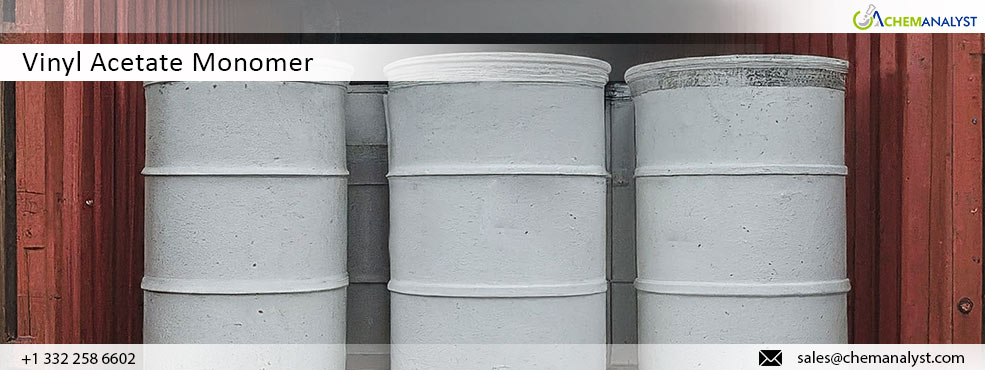Welcome To ChemAnalyst

New Delhi (India): On 28th May, the Government of India’s Coal India Limited pursued its objective and announced the formation of Bharat Coal Gasification and Chemicals Ltd (BCGCL) to provide India with an alternative route for self-sufficiency in methanol derivatives like acetic acid, formaldehyde, vinyl acetate monomer (VAM), and more. This move is promising for Indian customers as it indicates a shift towards domestic production of base chemicals like methanol, VAM, and acetic acid in the future. In this context, ChemAnalyst presents the prospects for VAM and other downstream markets for the readers.
India’s total coal reserves presently stand at 361 billion tons, the fourth highest in the world. Currently, India’s crude purchases for FY23-24 are estimated to be around 244 million tons, and the crude oil to chemicals (COTC) conversion in India is merely 4 to 5%, i.e., 11-12 million tons of petrochemicals and polymers, led largely by Reliance and IOCL. Two factors have played an important role in such ratios: the high cost of crude supply and lower economies of scale due to the disintegrated way of producing petrochemicals. To a significant extent, India fully imports acetyls—acetic acid and VAM—from Singapore, Saudi Arabia, and other major players. The latest data from the Ministry of Commerce revealed that for FY22-23, India imported USD 353.7 million worth of VAM, with prices averaging around USD 1667/MT and fluctuations reaching as high as USD 1872/MT for many deliveries, while for FY23-24, the average import price hovered around USD 892/MT. Overall, FY23-24 saw a 1% decline in volumes compared to FY22-23, indicating that acetic acid and VAM markets in India have garnered high inventories for FY24-25, and import demand is expected to remain low. In this context, coal to chemicals (CTC) provides promising prospects for acetic acid and VAM-based supply.
Indian coal G1 grade is currently priced at USD 102/MT. Taking other technical factors into consideration, Indian CTC for methanol could provide margins of USD 370-380/MT without discounts to domestic suppliers, which could benefit BCGCL significantly for their operations and shareholder value. Downstream processing into acetic acid and subsequently VAM could bring Indian domestic prices and supply to a strong USD 820-950/MT of VAM, assessed by ChemAnalyst. Ex-factory prices in India for VAM could significantly compete with Saudi and Singaporean CFR JNPT prices of USD 900/MT. This could add significant cost and pricing advantages for Indian downstream adhesives and polymer producers, which depend largely on imports, and strengthen India’s position globally.
With the upside comes the downside. With India planning to become self-sufficient through this route, global acetic acid and VAM supply could outstrip demand by 7-9%, bringing global acetic acid and methanol prices down to crude prices, ChemAnalyst concluded. “We have previously observed that a 2 to 3% rise in supply in 2017-18 brought global prices of acetic acid and VAM down by 13%,” concluded one analyst at ChemAnalyst. However, given the current geopolitical situation and supply tightening by US suppliers like LYB and Celanese globally, and sanctions on Iranian and Russian supply of petrochemicals, the deceleration in prices is not expected to be fast but gradual for global suppliers of VAM.
In conclusion, BCGCL’s incorporation opens a new chapter for VAM markets in the APAC and South Asian regions, with the future looking towards supply chain re-orientation and trimming of excess capacities in Europe and the USA.
We use cookies to deliver the best possible experience on our website. To learn more, visit our Privacy Policy. By continuing to use this site or by closing this box, you consent to our use of cookies. More info.
